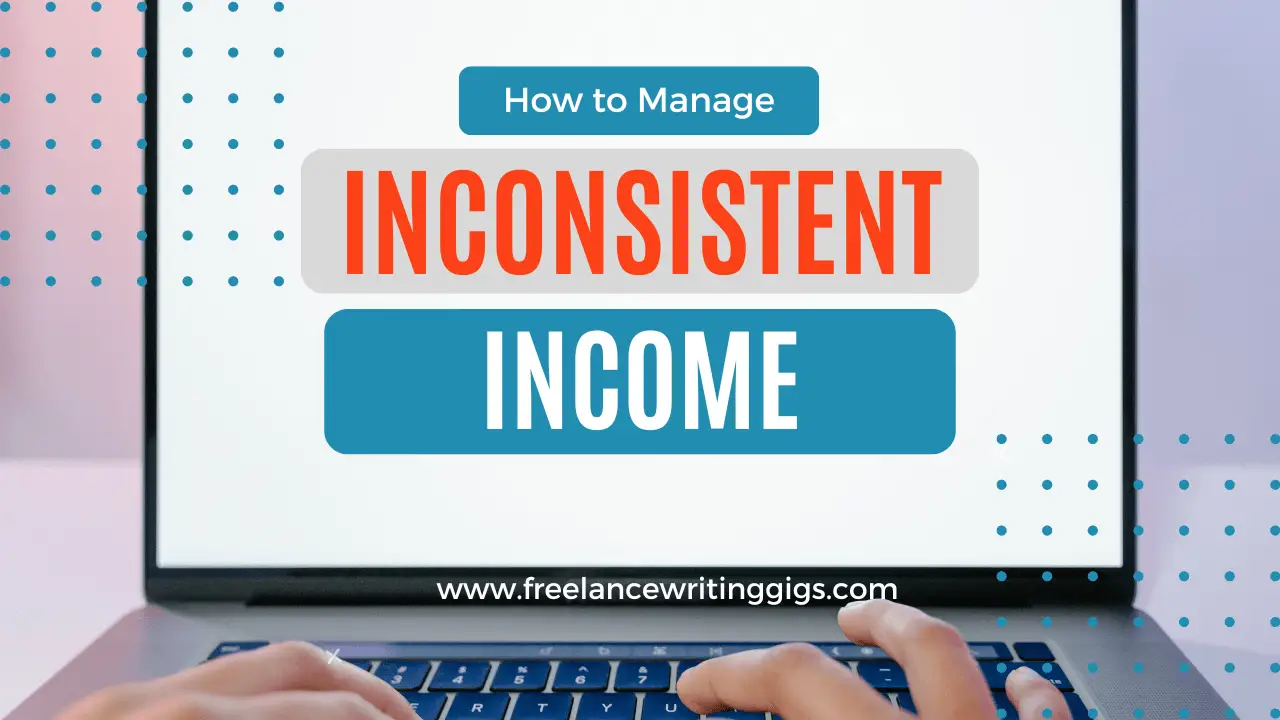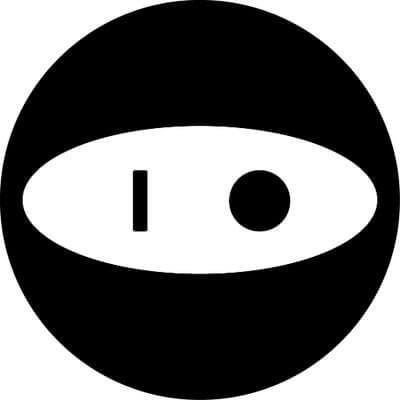‘I like things to be optimized’: Ford’s head of design on how to be creative under constraints
When Todd Willing was 15, he entered a high school work experience program at Ford’s Australian Design Studio. His father owned a garage, and he’d always been around cars. “I had a loose understanding of what went into them because of that exposure, and I always had a creative bent I guess,” says Willing. “I would be drawing cars most of the time, to the frustration of my teachers.” The experience is still so vivid in Willing’s mind: the plane ride to Melbourne, the energy and feel of a space devoted to creativity, the culture and environment of a creative team. “That was it for me,” he says. “I wasn’t going to be doing anything else.”Now, 22 years later and still at Ford (though this time in Michigan), Willing is Head of Design, leading the design practice for Ford and Lincoln brand vehicles worldwide. Having been the chief exterior designer on the 2017 Ford GT and leading teams responsible for the F-150, Ranger, Bronco, Explorer, Expedition, and more, Willing has been a key part of shaping Ford vehicles around the world. And while his role is fairly big-picture, Willing says he feels a deep responsibility that ties back to his industrial design education: to create something new or improve on something, making people’s lives and experiences better. Willing says so much of that work is creative and connected with various disciplines across the design studio. Turns out, to prepare for that kind of work, Willing still somehow manages to hang around cars. When he isn’t working, he races vintage race cars. “When you’re in a race car, your safety depends on 101% concentration. It pushes everything else aside. Right after that, I feel freer to be creative.” As designers we make thousands of decisions on behalf of our customers . . . we need to be armed with deep insights. In our case, it’s motor vehicles and services. It should be done to make lives better in some way—with thoughtful design, desirability, and being straightforward. That’s really important. We have research groups that help us do that. We have ethnographic research, where we spend time with customers. You need to take that and apply a lot of care and attention to get it right. To solve for unmet needs. In many cases, it’s doing this before our customers or users even realize they are working around something, or that problem exists to solve. That’s where the real magic happens for me. I’m part of a bigger industrial system—market trends, legislation; these are constraints to pure creativity. Sometimes that might seem limiting, but also it’s an opportunity to innovate with purpose. You have something very specific to solve and there are obstacles in the way that forces innovation in a lot of cases. Sometimes when I need to clear my mind, I race vintage cars. That’s super helpful when I want to be creative. I did go karting as a kid, and later on, once I could afford to, I got back into racing cars. I have a few now and it’s definitely therapy for me. The 2017 Ford GT [Photo: Ford] I like things to be optimized. When things have a clear purpose, you can go deep into that purpose and make sure that the product delivers on that. It’s not enough to be visually appealing. If you look at our industry, there’s been a heavy bias toward styling and that chemical reaction people have in their brain when they see something that’s appealing. That’s critical, but doing it with more meaning and purpose and delivering on the function is critical to me. My personal philosophy, I like to edit things to the point where there’s nothing extraneous without function. It allows you to put more content or money into the things that mean something. I surround myself with creative talent as much as I can. This role requires me to be available for different aspects of the business. I make sure I build in the right amount of time to have conversations around creativity, and be with the creative team. I find it helpful to have some specific creative reviews where there is no hierarchy. The person with the most knowledge or the best idea holds the floor, and we park our stripes at the door. Being face-to-face with the team, and giving attention to the designers with the least experience—they are the ones faced with the challenges of design the most, too. It’s a catalyst for fresh and interesting design. I believe good design plays a prominent and positive role in daily life. It should talk to you. Good design should telegraph purpose, capability, proper use, and of course be highly attractive to those whom it is intended to serve. I encourage our teams to avoid false adornment. Having a clear and differentiated mission at the start of a project is a big enabler for success. When we were creating the latest generation of Ford GT, the ambition to race and win at Le Mans was the mission. Using this as a guide for decisions, if a proposed design element had a negative impact on the performance, then it wasn’t allowed on the car. Automotive design is

When Todd Willing was 15, he entered a high school work experience program at Ford’s Australian Design Studio. His father owned a garage, and he’d always been around cars. “I had a loose understanding of what went into them because of that exposure, and I always had a creative bent I guess,” says Willing. “I would be drawing cars most of the time, to the frustration of my teachers.” The experience is still so vivid in Willing’s mind: the plane ride to Melbourne, the energy and feel of a space devoted to creativity, the culture and environment of a creative team. “That was it for me,” he says. “I wasn’t going to be doing anything else.”
Now, 22 years later and still at Ford (though this time in Michigan), Willing is Head of Design, leading the design practice for Ford and Lincoln brand vehicles worldwide. Having been the chief exterior designer on the 2017 Ford GT and leading teams responsible for the F-150, Ranger, Bronco, Explorer, Expedition, and more, Willing has been a key part of shaping Ford vehicles around the world. And while his role is fairly big-picture, Willing says he feels a deep responsibility that ties back to his industrial design education: to create something new or improve on something, making people’s lives and experiences better. Willing says so much of that work is creative and connected with various disciplines across the design studio.
Turns out, to prepare for that kind of work, Willing still somehow manages to hang around cars. When he isn’t working, he races vintage race cars. “When you’re in a race car, your safety depends on 101% concentration. It pushes everything else aside. Right after that, I feel freer to be creative.”
As designers we make thousands of decisions on behalf of our customers . . . we need to be armed with deep insights. In our case, it’s motor vehicles and services. It should be done to make lives better in some way—with thoughtful design, desirability, and being straightforward. That’s really important. We have research groups that help us do that. We have ethnographic research, where we spend time with customers. You need to take that and apply a lot of care and attention to get it right. To solve for unmet needs. In many cases, it’s doing this before our customers or users even realize they are working around something, or that problem exists to solve. That’s where the real magic happens for me.
I’m part of a bigger industrial system—market trends, legislation; these are constraints to pure creativity. Sometimes that might seem limiting, but also it’s an opportunity to innovate with purpose. You have something very specific to solve and there are obstacles in the way that forces innovation in a lot of cases.
Sometimes when I need to clear my mind, I race vintage cars. That’s super helpful when I want to be creative. I did go karting as a kid, and later on, once I could afford to, I got back into racing cars. I have a few now and it’s definitely therapy for me.

I like things to be optimized. When things have a clear purpose, you can go deep into that purpose and make sure that the product delivers on that. It’s not enough to be visually appealing. If you look at our industry, there’s been a heavy bias toward styling and that chemical reaction people have in their brain when they see something that’s appealing. That’s critical, but doing it with more meaning and purpose and delivering on the function is critical to me. My personal philosophy, I like to edit things to the point where there’s nothing extraneous without function. It allows you to put more content or money into the things that mean something.
I surround myself with creative talent as much as I can. This role requires me to be available for different aspects of the business. I make sure I build in the right amount of time to have conversations around creativity, and be with the creative team. I find it helpful to have some specific creative reviews where there is no hierarchy. The person with the most knowledge or the best idea holds the floor, and we park our stripes at the door. Being face-to-face with the team, and giving attention to the designers with the least experience—they are the ones faced with the challenges of design the most, too. It’s a catalyst for fresh and interesting design.
I believe good design plays a prominent and positive role in daily life. It should talk to you. Good design should telegraph purpose, capability, proper use, and of course be highly attractive to those whom it is intended to serve. I encourage our teams to avoid false adornment. Having a clear and differentiated mission at the start of a project is a big enabler for success. When we were creating the latest generation of Ford GT, the ambition to race and win at Le Mans was the mission. Using this as a guide for decisions, if a proposed design element had a negative impact on the performance, then it wasn’t allowed on the car.
Automotive design is part of a complicated ecosystem. The investment required for new products is very high, and the product cycles are much longer than most industries. This means that creating products that are meaningful and have longevity are important. There are many factors that influence our approach: different market trends, global politics, legislation, etc. Although on the surface constraints can seem limiting, they often drive innovation. Affordability is becoming ever more critical in the face of new competition and economic factors. This comes back to my point about the criticality of making the right choices on behalf of prospective customers. Our CEO talks about there being no space at Ford for “Vanilla Cars.” This means that everything needs to have a clear purpose that is attractive and useful to our customers. Our products should be focused and be the best at what they do.
Ideas, until they are proven, can be fragile. But, it’s important to make sure we draw them out even if they are not obvious home runs. Making sure the ideas have time to breathe a little bit . . . usually that leads to a spark that has potential and it will invariably inspire the rest of the team to grow off of that initial idea. If the inspiration in the team is low, look at what you have and try to flesh it out. Then usually that inspires something in others.
I have a motto for my team: Design is not an attribute. There is always a trade to be had—a way of spending money—what choices you make along the way. It’s an intentional product creation that marries purpose, function, and desirability—not necessarily in that order, but it needs to consider all of those things. I am frustrated when I hear design being referred to as the darling department. If we turn up around that motto, that perception disappears.











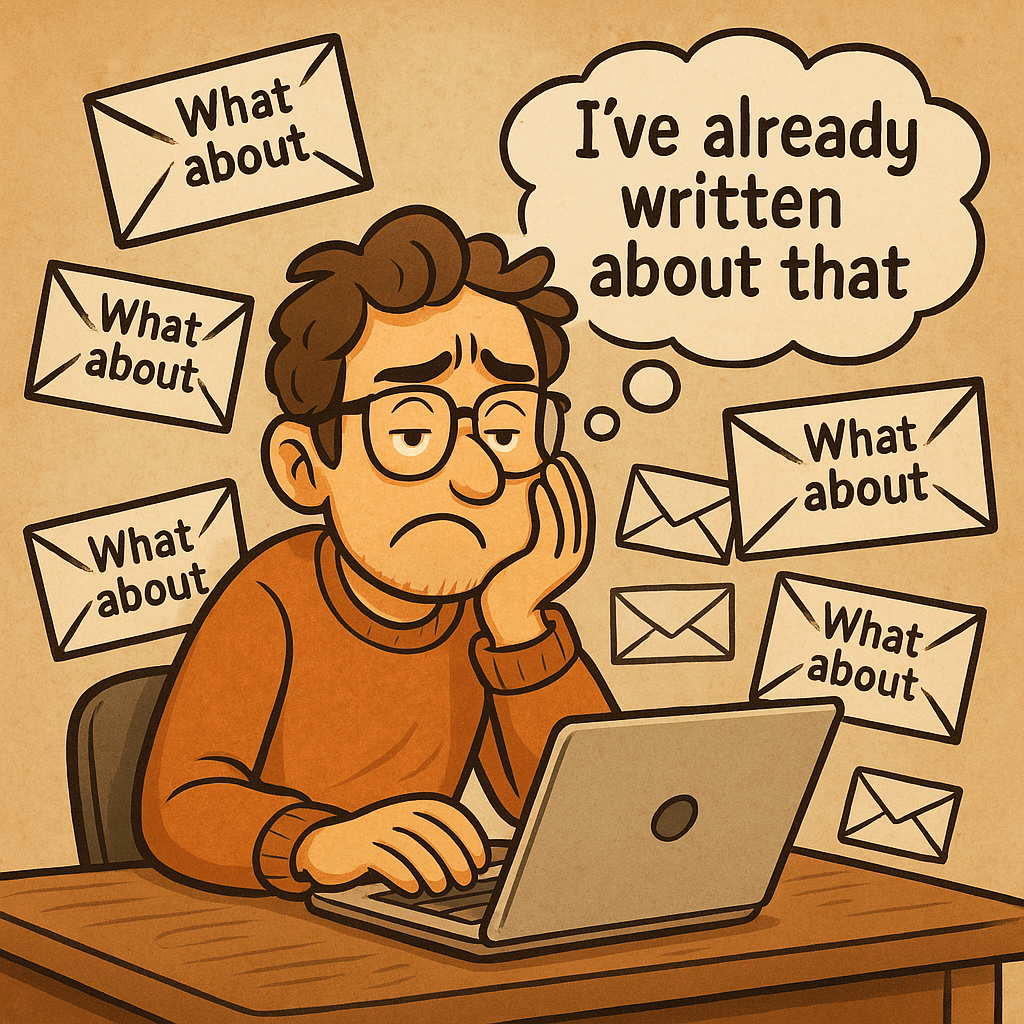



























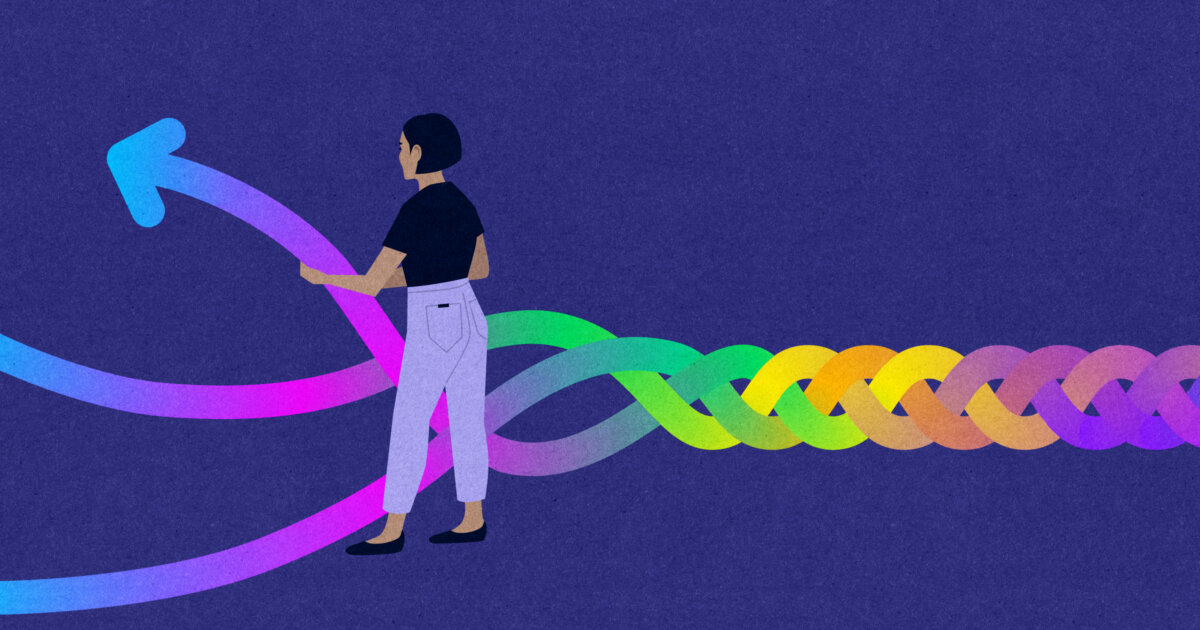
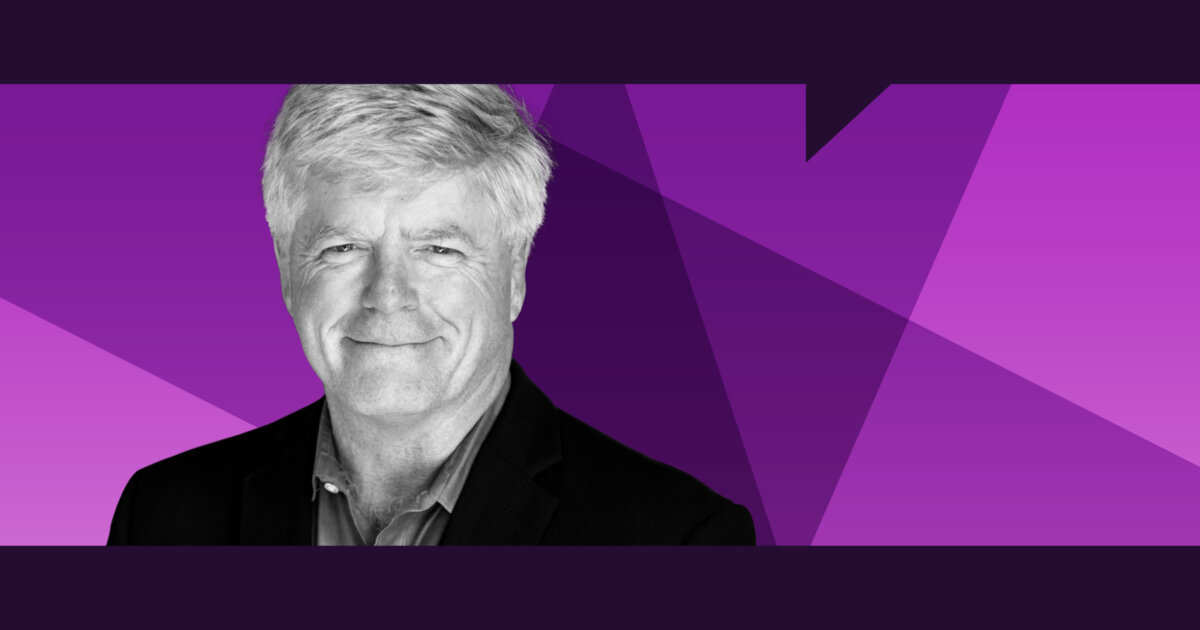






























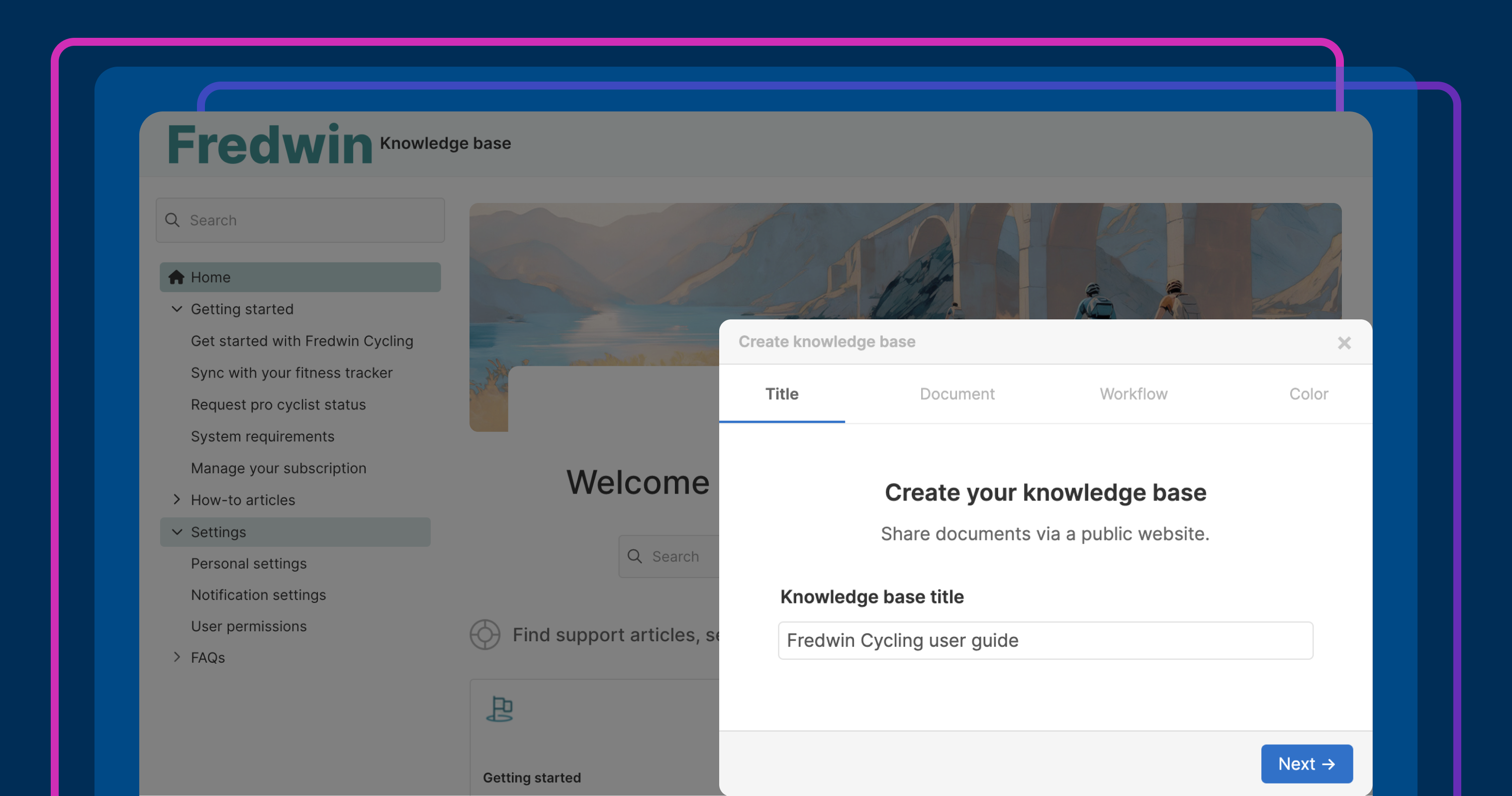

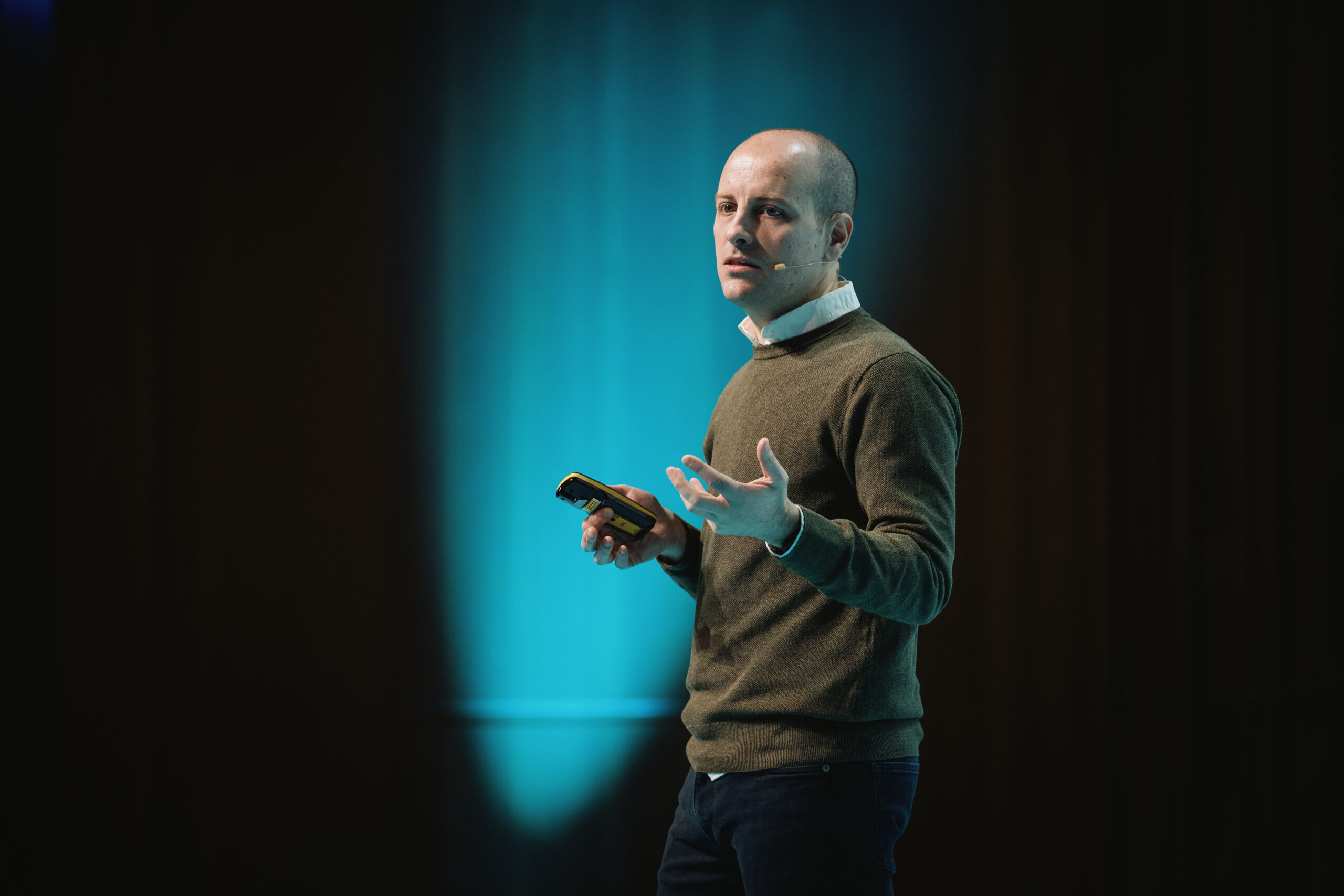

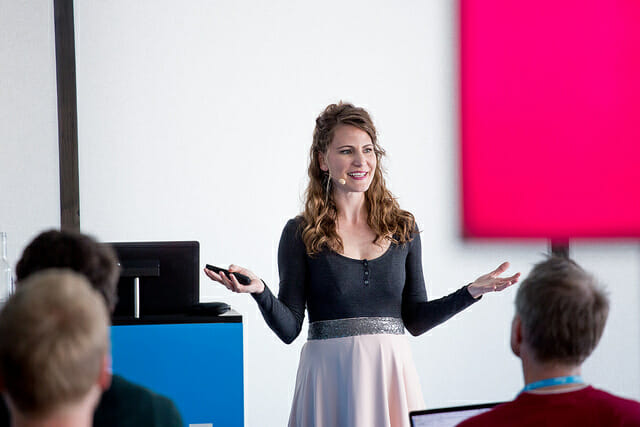
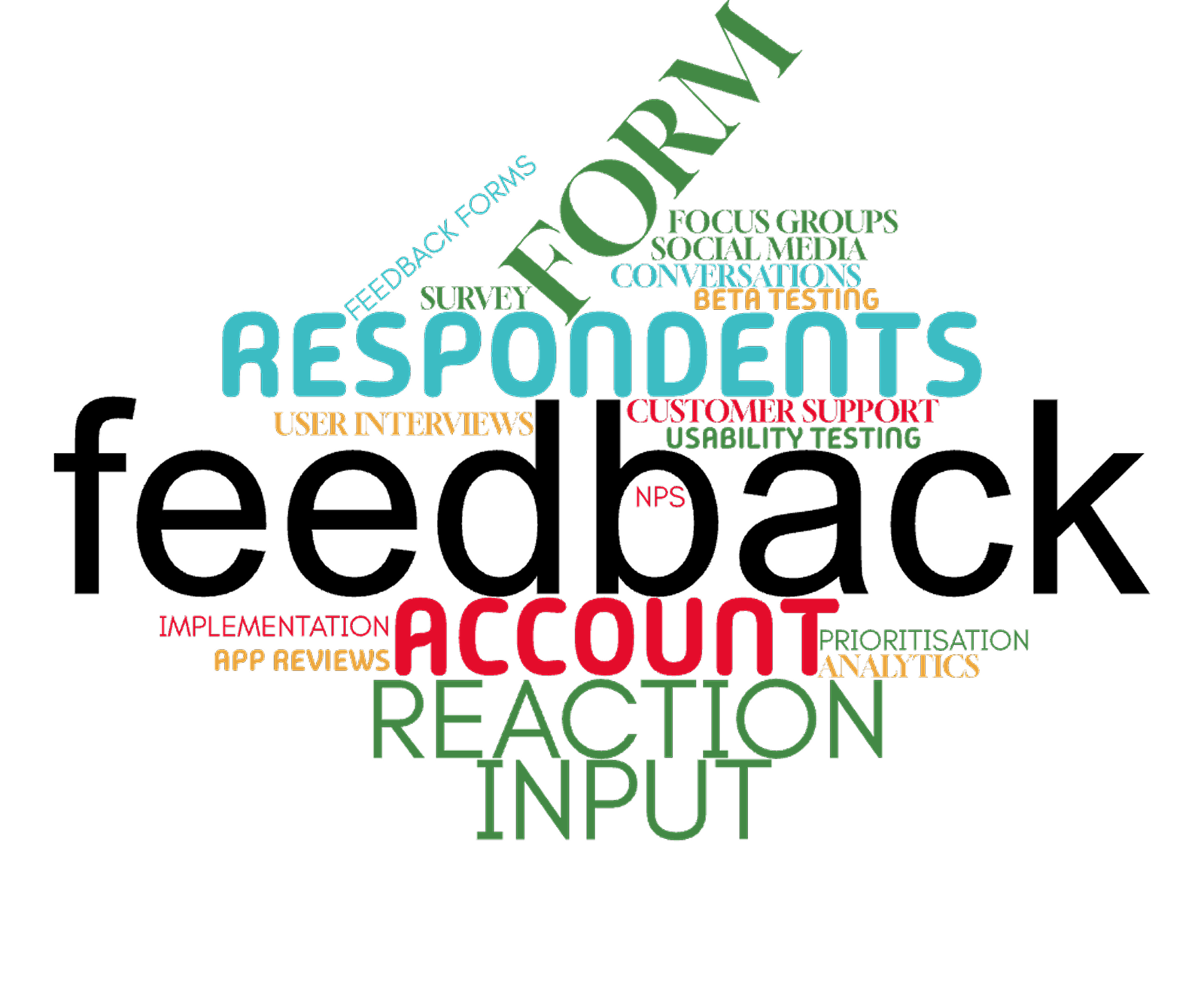



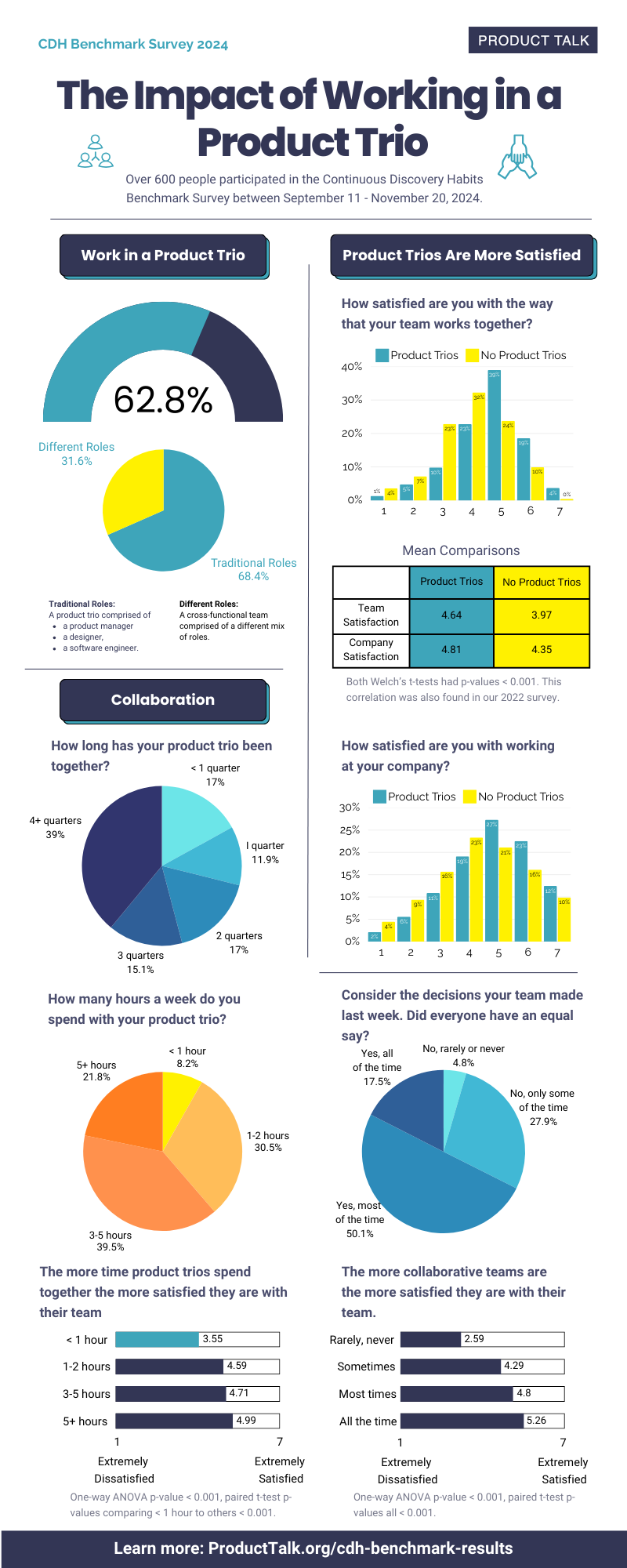














![Building A Digital PR Strategy: 10 Essential Steps for Beginners [With Examples]](https://buzzsumo.com/wp-content/uploads/2023/09/Building-A-Digital-PR-Strategy-10-Essential-Steps-for-Beginners-With-Examples-bblog-masthead.jpg)



![How One Brand Solved the Marketing Attribution Puzzle [Video]](https://contentmarketinginstitute.com/wp-content/uploads/2025/03/marketing-attribution-model-600x338.png?#)







![How to Use GA4 to Track Social Media Traffic: 6 Questions, Answers and Insights [VIDEO]](https://www.orbitmedia.com/wp-content/uploads/2023/06/ab-testing.png)




![[Hybrid] Graphic Designer in Malaysia](https://a5.behance.net/920d3ca46151f30e69b60159b53d15e34fb20338/img/site/generic-share.png)

![[HYBRID] ?? Graphic Designer](https://a5.behance.net/cbf14bc4db9a71317196ed0ed346987c1adde3bb/img/site/generic-share.png)



